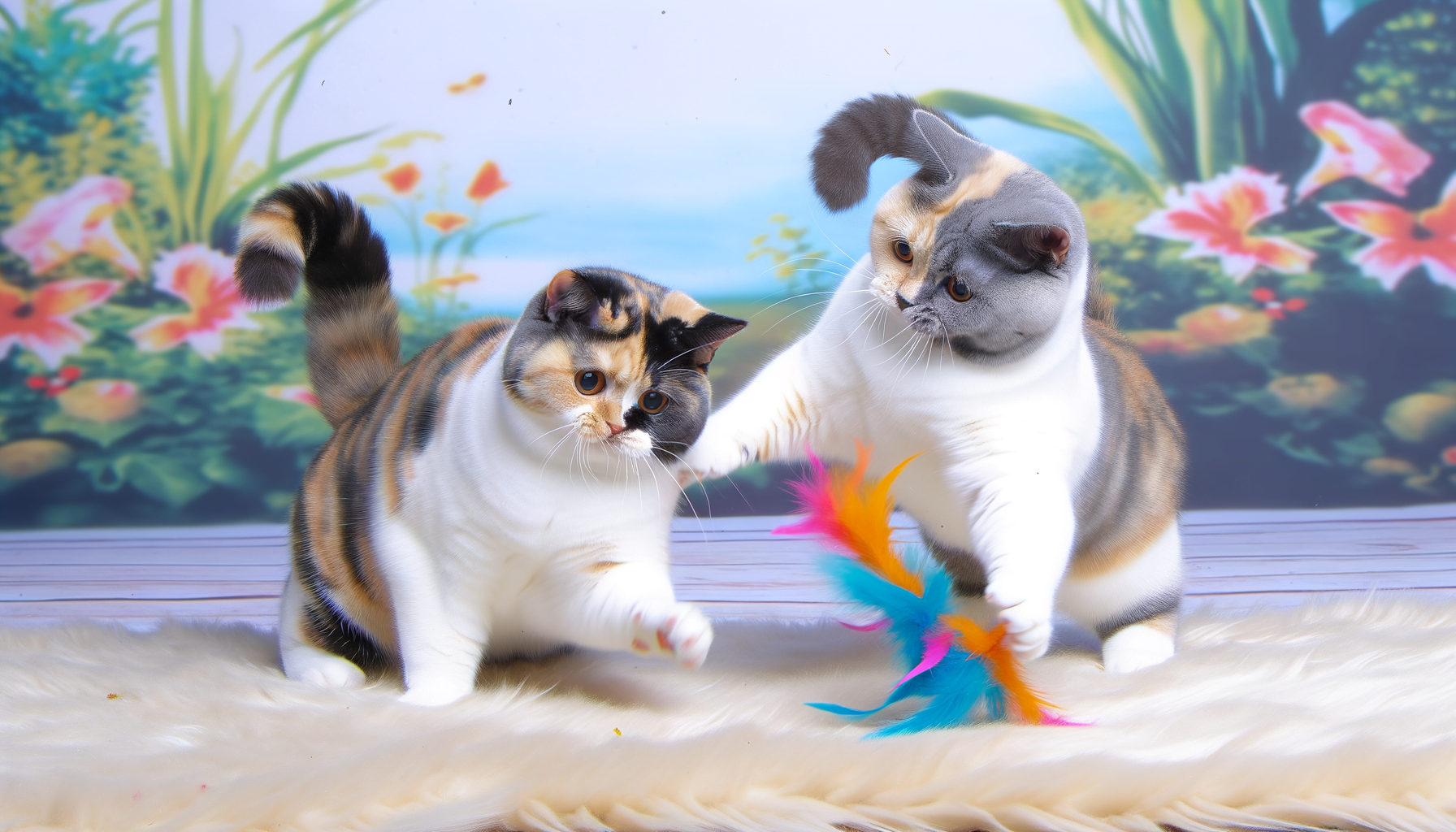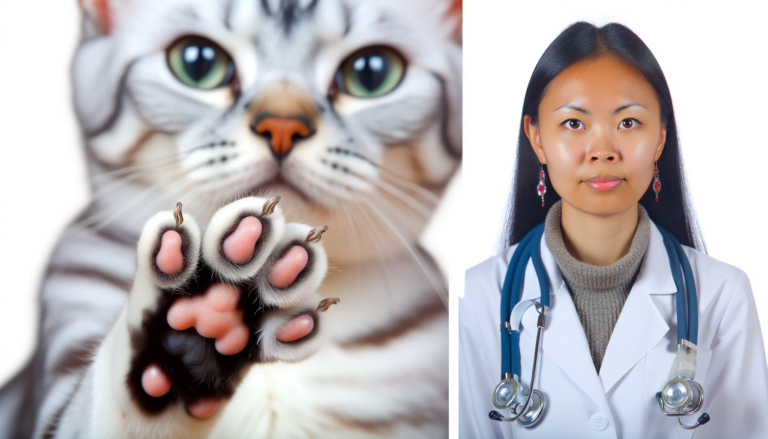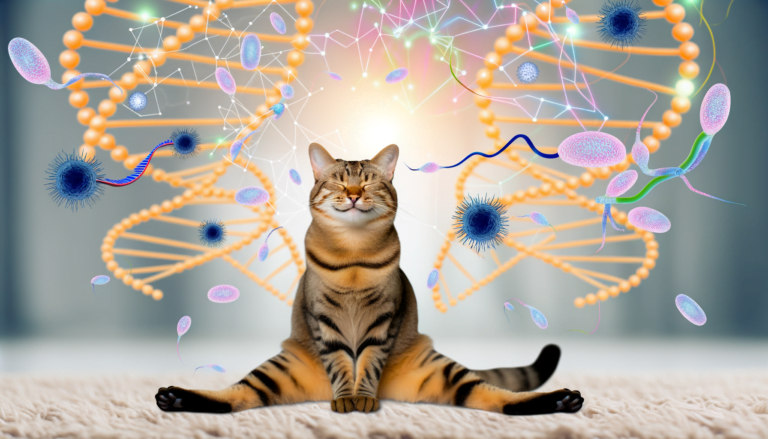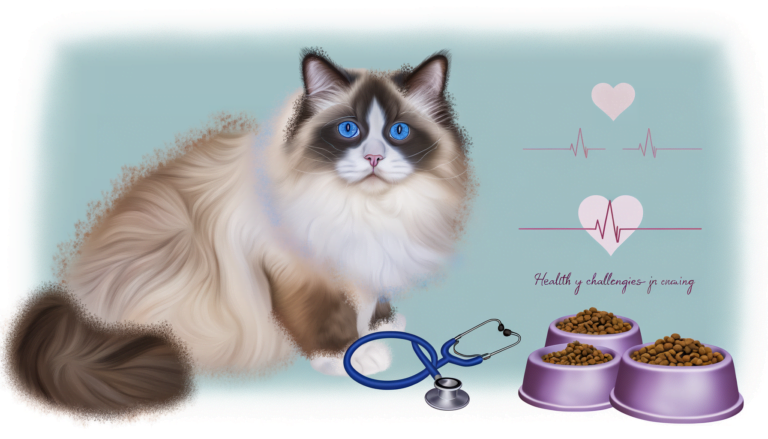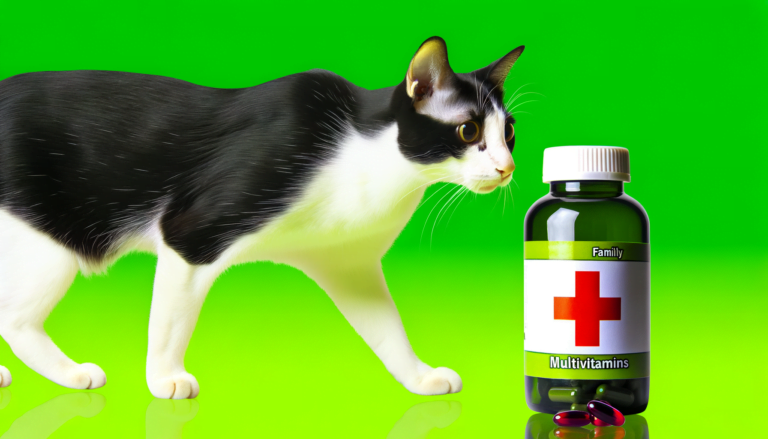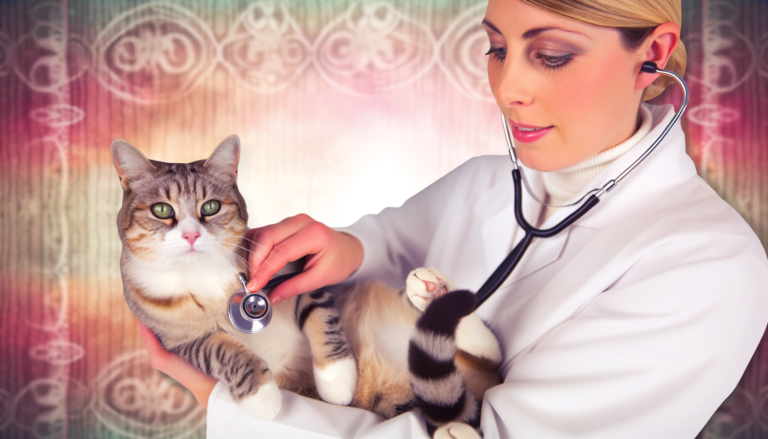Unraveling Health Mysteries: A Comprehensive Look at Munchkin Cats
Munchkin cats, known for their short legs due to a genetic mutation, do indeed face a range of health issues. Akin to any breed, these unique felines are susceptible to common cat illnesses such as obesity, respiratory diseases, and bacterial infections. However, their distinctive conformation puts them at an increased risk for certain degenerative and skeletal disorders, including Lordosis and Pectus Excavatum. Lordosis involves a curvature of the spine and Pectus Excavatum is a condition resulting in a deformed chest cavity. Therefore, potential owners of Munchkin cats need to be prepared for possible health complications and associated veterinary costs.
Understanding the Munchkin Breed
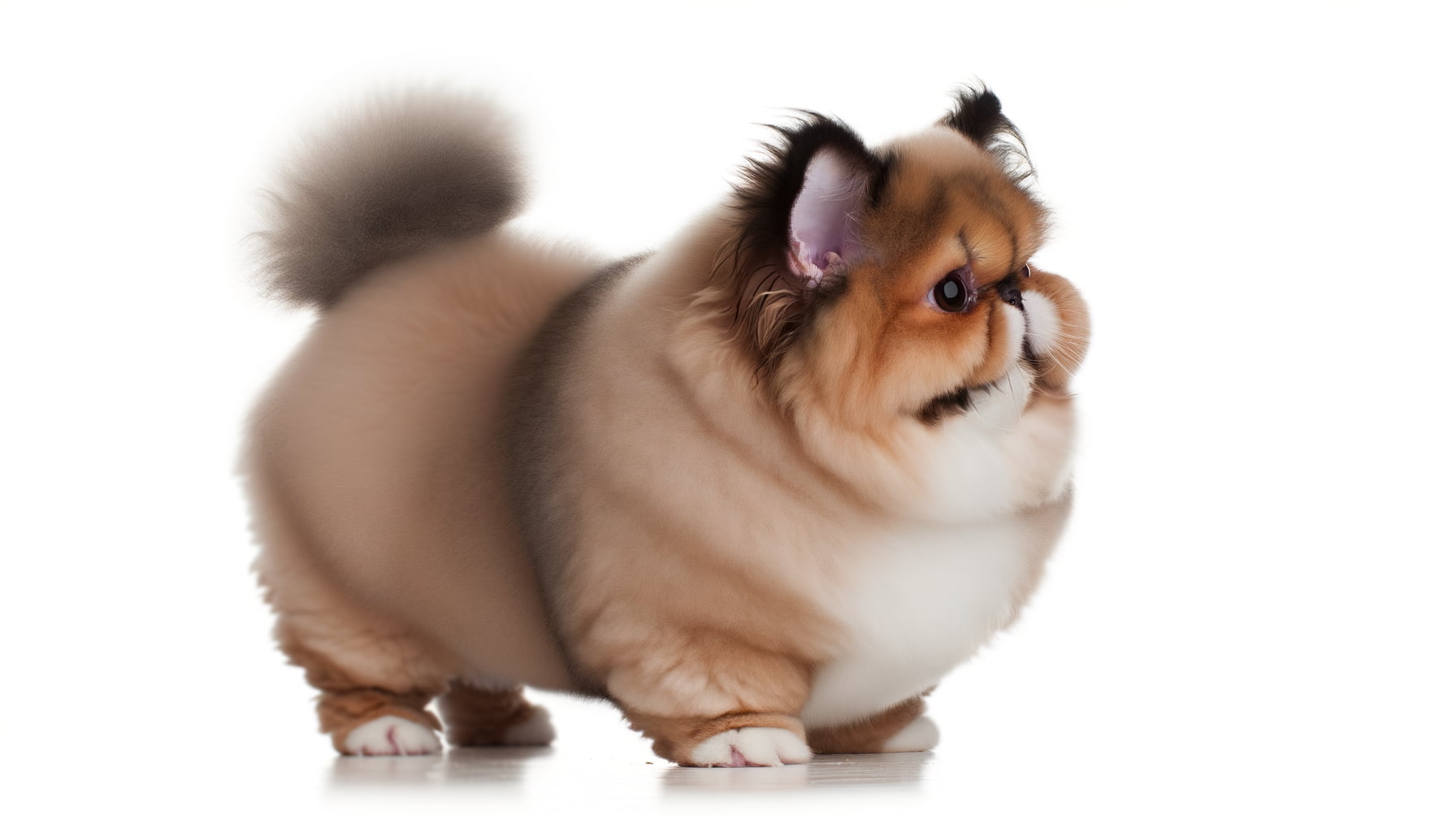
Munchkin cats distinguish themselves with their distinct physical characteristics brought about their unique genetic composition. Known for their shorter leg stature, these felines capture the interest of cat lovers worldwide, similar to the appeal of Dachshunds and Corgis in the canine domain. However, this unique feature in the shape should not be mistaken as a disability, as Munchkin cats prove to be agile and fast, maintaining an active lifestyle much like their long-legged counterparts.
Brought into existence by a naturally occurring spontaneous mutation, the short-legged trait of Munchkin cats is considered a form of dwarfism. This breed emerged in the United States during the 1980s, bringing the cause of their unique structure to the limelight. Geneticists identified an autosomal dominant gene responsible for the short stature of Munchkin cats.
It’s important to note that the Munchkin breed, beyond their affable looks, embrace a personality that matches their energetic physical capacities. They are often playful, sociable, and curious, making them perfect companions for both young ones and adults. Despite their unique physical idiosyncrasies, they are, in many ways, much like any other feline.
Genetic Makeup and Health Concerns in Munchkin Cats
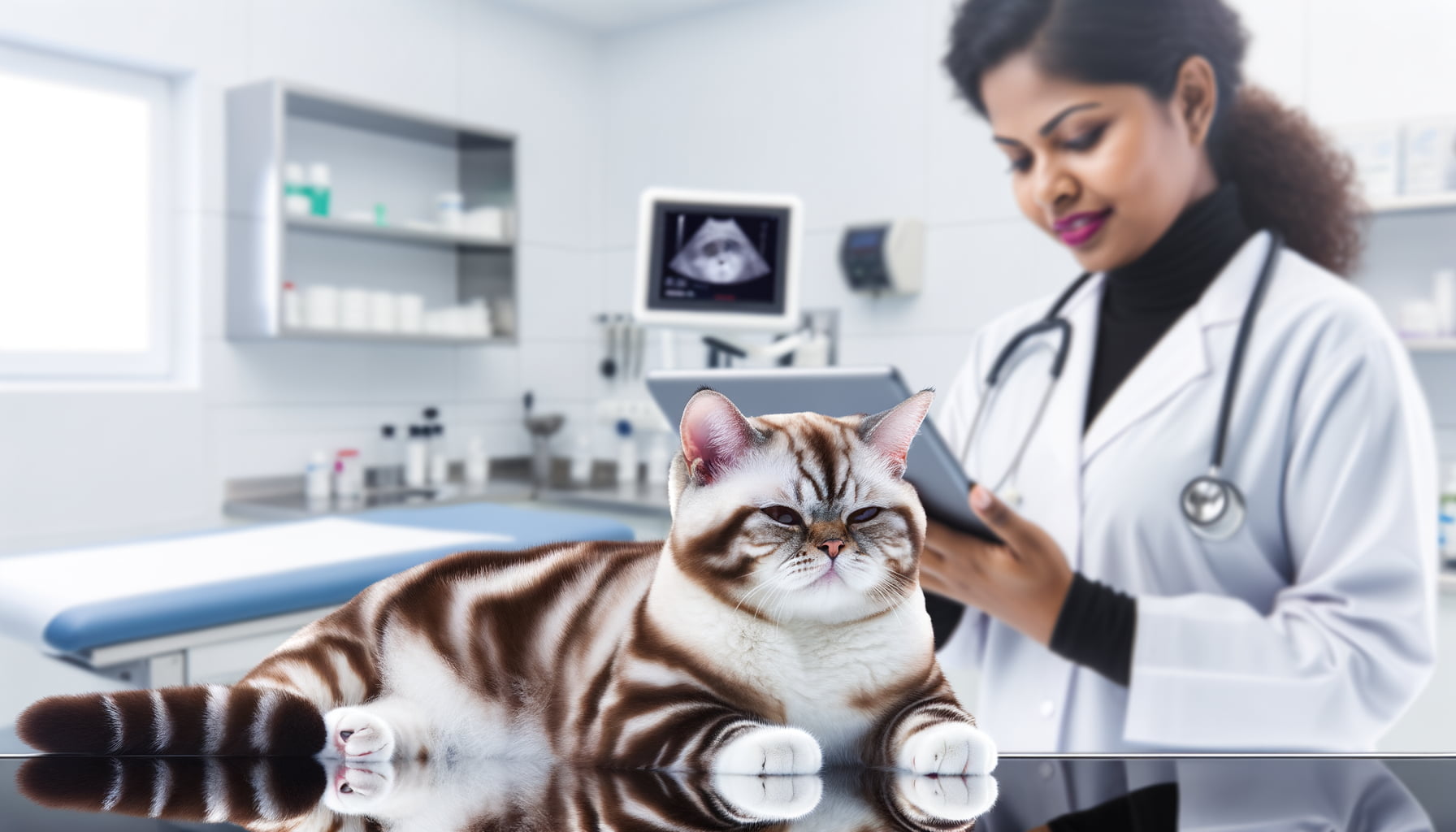
In the realm of feline admirers, Munchkin Cats are heralded for their unique short legs, a trait dictated by their distinctive genetic makeup. The gene responsible for this dwarfed posture is an autosomal dominant one. Consequently, a kitten only requires a single copy from one parent to procure this distinctive feature. However, it’s noteworthy that two such dominant genes’ union oftentimes results in embryos that do not survive. This delicate genetic setup entails certain implications for a Munchkin Cat’s wellbeing, attributing to the breed’s susceptibility to specific health conditions.
Relative to their distinctive short legs, Munchkin Cats are prone to Lordosis – a condition that causes the spine to dip down and press onto the cat’s heart and lungs. The condition can be severe and potentially lethal if not addressed promptly. Moreover, a high incidence of Pectus Excavatum, a condition causing a sunken or caved-in appearance of the chest, is also observed in Munchkin Cats. This could inhibit lung capacity, leading to breathing difficulties.
While both these conditions appear more prevalent in Munchkin Cats, they are not exclusive to this breed. Furthermore, these felines have proven to be hale and hardy in numerous instances, living comparable lives to their ‘long-legged’ counterparts. The key is to acquire a Munchkin Cat
Preventive Measures and Health Management for Munchkin Cats
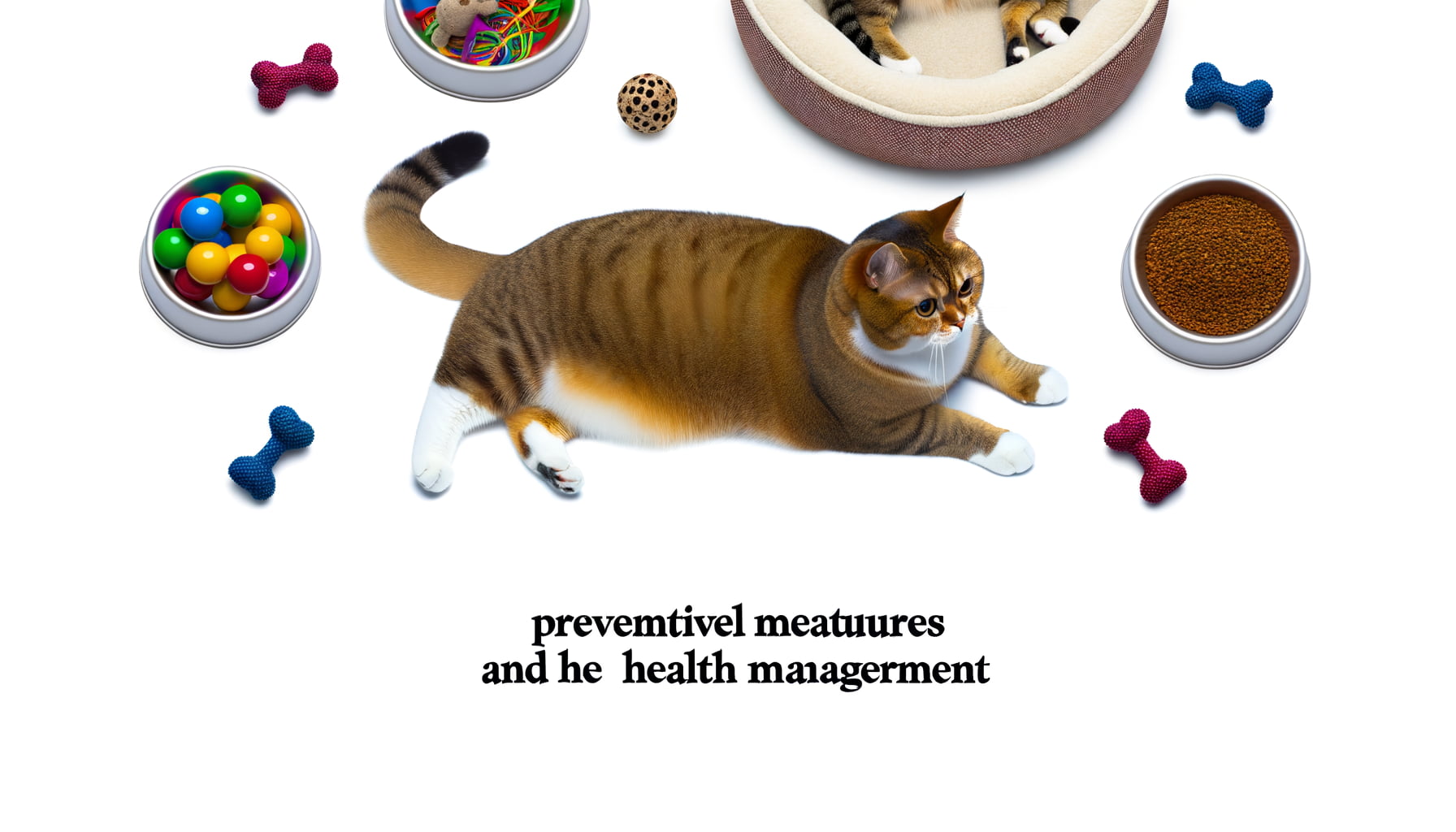
In the quest for optimal health for your Munchkin cat, various preventive measures can indeed play a key role. Regular vet check-ups, coupled with a balanced diet, are of paramount importance. Vets can monitor your cat’s health, advise on diet, and provide vaccinations against prevalent diseases.
Munchkin cats also thrive when they engage in physical activities; it helps prevent obesity. Even indoor games can keep them agile and fit. Further, preventive dental care is invaluable. Brushing their teeth can avert oral disease, thereby boosting overall health. Additionally, like other breeds, Munchkin cats may be susceptible to genetic disorders. To counter this, consider regular screenings for heart diseases and genetic disorders.
Lastly, having your Munchkin cat spayed or neutered may significantly reduce the risk of various health problems, such as infections and tumor formations. Essentially, preventive measures and proactive health management contribute to happier, healthier lives for Munchkin cats.
Common Health Issues Found in Munchkin Cats
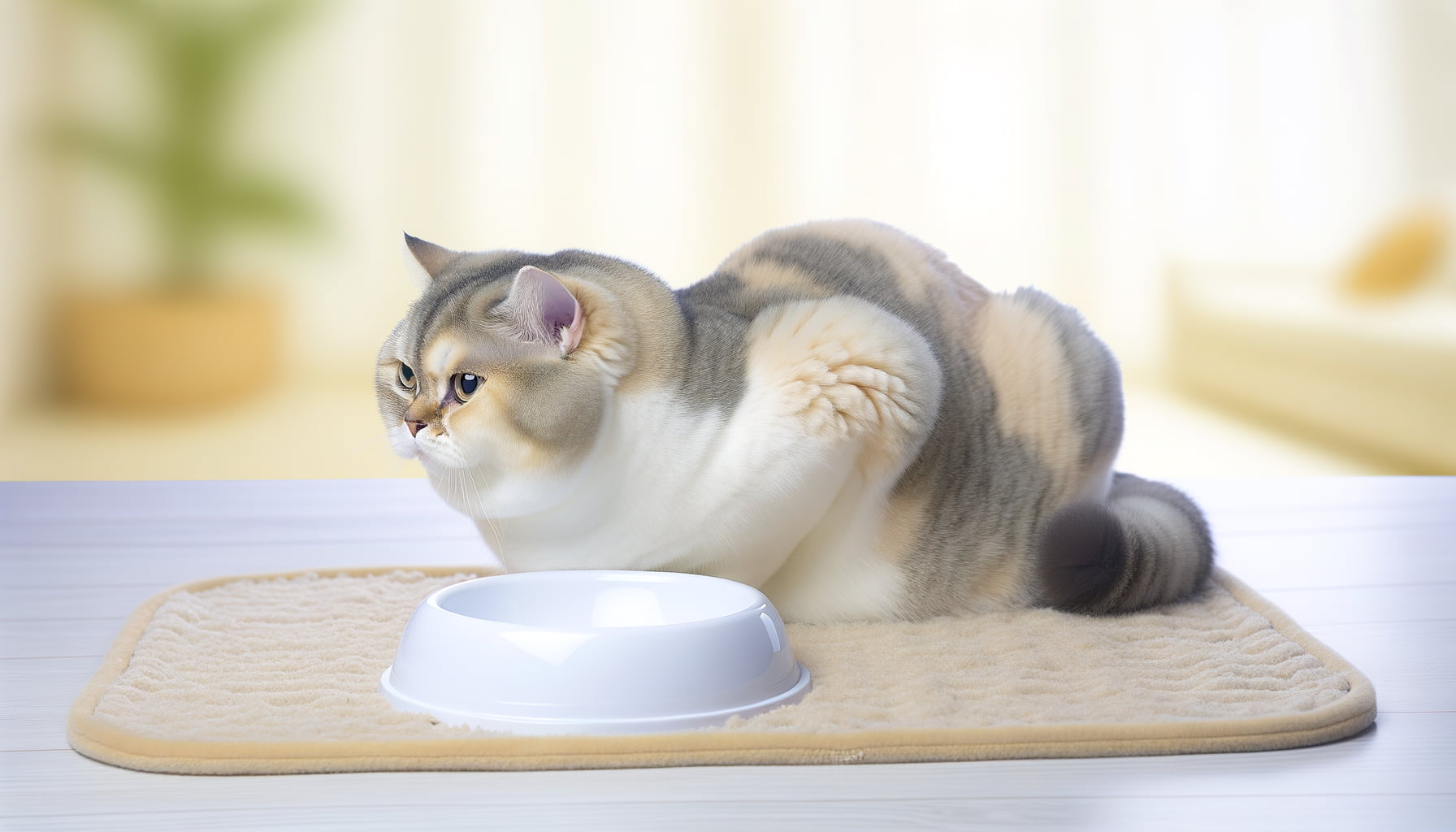
Munchkin cats, despite their charming miniature stature, can be predisposed to certain health issues. One is Lordosis, a condition where the spine dips closer to the body than normal. This can put pressure on the heart, lungs, and surrounding internal organs, potentially leading to severe health problems and shortened lifespan.
Another common health issue is Pectus Excavatum. This abnormality results in a cat’s chest appearing sunken or hollowed out. It can disrupt the functionality of the heart and lungs, and in severe cases, it may require surgical correction. Remember, these conditions are not exclusive to Munchkin cats, but they have a higher likelihood due to their unique skeletal features.
Understandably, responsible breeding can help reduce these risks. However, it’s crucial to regularly monitor these charming felines for any signs of discomfort or pain. Trained veterinarians should conduct any diagnosis and treatment plans. Being aware and proactive about their health can support the overall well-being and longevity of your munchkin cat.
Conclusion
After delving into the world of Munchkin cats and uncovering the mysteries surrounding their unique characteristics, it is clear that these feline companions continue to captivate and intrigue animal lovers worldwide. From their adorable appearance to their playful personalities, Munchkin cats offer a truly distinctive pet ownership experience.
As we unravel the health mysteries of Munchkin cats, it is essential to prioritize their well-being and provide them with the necessary care and attention. By understanding their specific needs and potential health concerns, we can ensure that these enchanting creatures lead happy and healthy lives for years to come.
